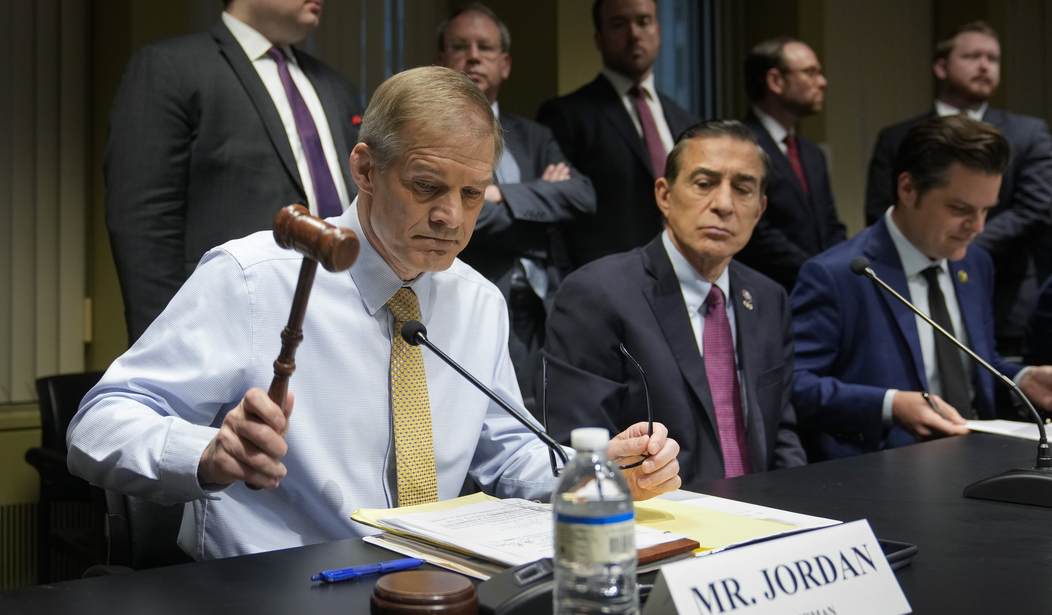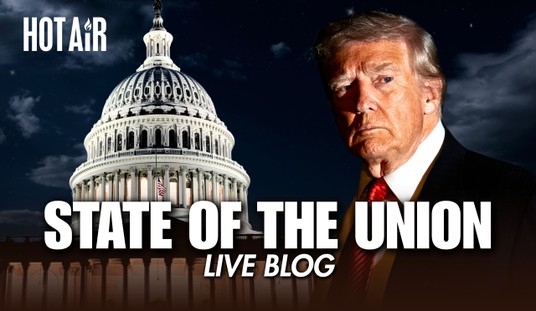Manhattan’s soft-on-crime District Attorney has backed down in his fight to prevent a congressional investigation into his persecution of Donald Trump. Yesterday, Alvin Bragg dropped his attempt to stop the House Judiciary Committee from subpoenaing former prosecutor Mark Pomerantz to testify in Washington. Bragg’s office is trying to describe this decision as a “victory” because they claim to have received “accommodations” from Jim Jordan. But despite the efforts of the Associated Press to describe it in that fashion, the agreements represented little more than a formal acknowledgment of terms that Jordan had already agreed to. Pomerantz’s appearance in the coming weeks should finally shed some additional light on the process that led to Bragg bringing his misbegotten charges against former President Donald Trump.
Manhattan District Attorney Alvin Bragg agreed Friday to let Republicans on the House Judiciary Committee question an ex-prosecutor about the criminal case against former President Donald Trump.
Under the agreement, committee members will be able to question Mark Pomerantz under oath next month in Washington. The deal resolves a lawsuit in which Bragg had sought to block Pomerantz from testifying, ending a legal dispute that escalated to a federal appeals court just weeks after Trump’s historic indictment.
Among the committee’s concessions, Pomerantz will be accompanied by a lawyer from Bragg’s office, which is not typically allowed in Congressional depositions.
The big “concession” that Bragg received was an agreement to allow Pomerantz to bring his attorney to the hearing. It’s true that attorneys aren’t generally required for these types of hearings because these are not criminal proceedings and the witness isn’t being charged with a crime (yet). But Jordan had already told Pomerantz that he could bring his lawyer along.
The first judge to hear this case basically laughed Bragg out of the courtroom. He’s been attempting to claim that the federal legislature has no standing to investigate the affairs of a state or municipal level District Attorney, but it was Bragg who decided to bring a federal charge against Trump and use federal funds to do so, giving Congress an obvious path to conduct oversight.
The true reason Bragg doesn’t want Pomerantz to testify is that the ex-prosecutor has already written a book admitting that his office had done precisely what he’s accused of doing. He even went on 60 Minutes and said as much. Bragg’s office had begun digging into all Trump’s records from the moment he took office, seeking to make good on a campaign promise to “get Trump.” It was a prosecutor in search of a crime – any crime – rather than a case of a DA investigating a criminal complaint.
Bragg himself rejected the chance of bringing charges initially, no doubt realizing the weakness of the claims and the terrible optics of his quest. The charges he finally settled on were so weak that even Democrats and the editorial board of the New York Times (though I repeat myself) have described the case as “very weak” at best.
We shall see what Mr. Pomerantz has to say under oath when he arrives in Washington and whether he contradicts any of the things he wrote in his book or said during his many interviews promoting it. The hearing is currently scheduled for May 12.








Join the conversation as a VIP Member